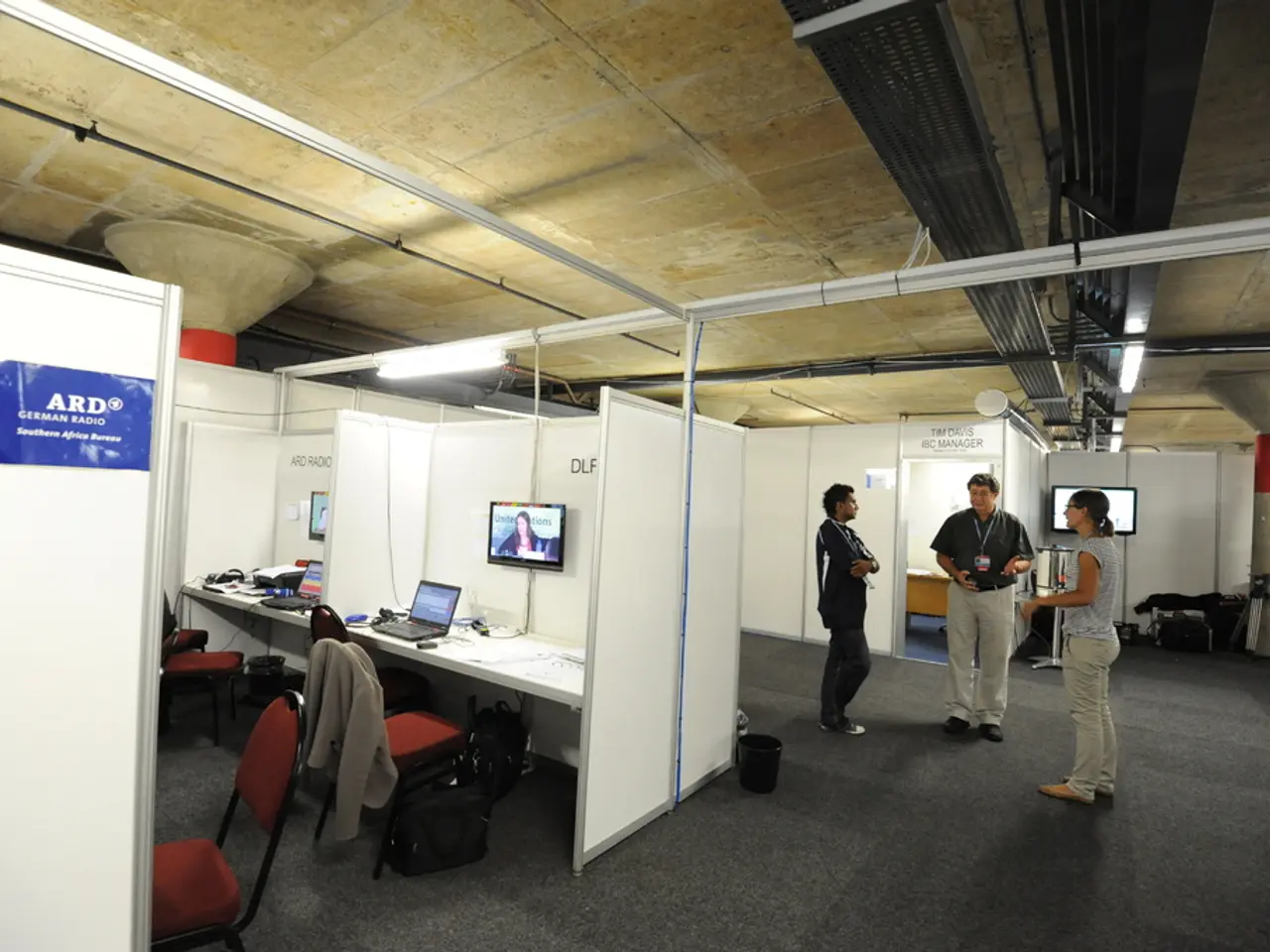Investors currently find the highest yield in European stock markets
In a recent study by the Amundi Investment Institute, titled "Spotlight on Shareholder Remuneration," the role of share buybacks, dividends, and investments in achieving capital efficiency has been scrutinized. The study analysed these practices in the US, Europe, and Japan, offering valuable insights for investors.
According to the research, share buybacks have become a standard tool for companies to achieve capital efficiency. When a company's stock is undervalued and internal reinvestment opportunities are scarce, buybacks can offer an attractive return, boosting earnings per share.
On the other hand, mergers and acquisitions could be a riskier alternative, driving up prices and thinning the return for investors, as suggested by Amundi's Head of Equity, Barry Glavin. He encourages companies generating high capital returns to focus on reinvesting in their business.
However, the study finds no evidence to support the theory of an optimal allocation between investments and payout ratio. In the US, the payout ratio is highest, but investments have continued, while in Europe, investments have remained largely unchanged. The decision between dividends and buybacks as a method of returning excess cash to shareholders is often made in relation to taxation.
Peter Lynch, once the world's most successful fund manager at Fidelity, considers stock buybacks to be the simplest and best way a company can reward its shareholders. When a company buys its own shares from existing shareholders, it effectively pays out capital to them instead of dividends.
Warren Buffett agrees, believing that no other action helps shareholders as much as stock buybacks, provided the company has sufficient liquidity for operating expenses and the stock is trading at a significant discount to its intrinsic value.
Critics have argued that buybacks could hinder innovation and encourage excessive debt. There have been concerns that share buybacks could be used for personal gain by management at the expense of long-term growth.
Despite these concerns, the study by Amundi Investment Institute concludes that Europe is the most attractive region for shareholder remuneration through buybacks and dividends among developed markets. The practice of share buybacks, which was banned in the US until the early 1980s, has since spread worldwide.
In practice, the best-performing companies integrate disciplined operational excellence with strategic capital deployment. The ideal capital allocation is a dynamic and balanced combination, where high-return investments gain priority, excess capital is returned through buybacks when undervaluation is present, dividends are paid sustainably to satisfy income-focused investors, and portfolio adjustments such as divestitures maintain strategic focus and optimize resource use.
This balance ensures efficient growth, maximizes shareholder returns, and maintains financial flexibility in uncertain environments. Companies that prioritize investments in high-ROIC projects are more likely to sustain long-term growth by building competitive advantages and capturing new opportunities. Firms that return excess cash efficiently via buybacks or dividends enhance shareholder value, especially if reinvestment opportunities are limited or risky.
In conclusion, striking the right balance between share buybacks, dividends, and investments is crucial for maximizing returns while supporting sustainable long-term growth and shareholder returns. This balance requires a continuous reevaluation of business and market conditions, incorporating portfolio management, potential divestitures, and risk assessments.
Investing in share buybacks can offer an attractive return, boosting earnings per share, as highlighted in the study by Amundi Investment Institute. Companies generating high capital returns, like those advocated by Peter Lynch and Warren Buffett, should prioritize reinvesting in their business for long-term growth, considering the balanced combination of high-return investments, share buybacks, and sustainable dividends.




